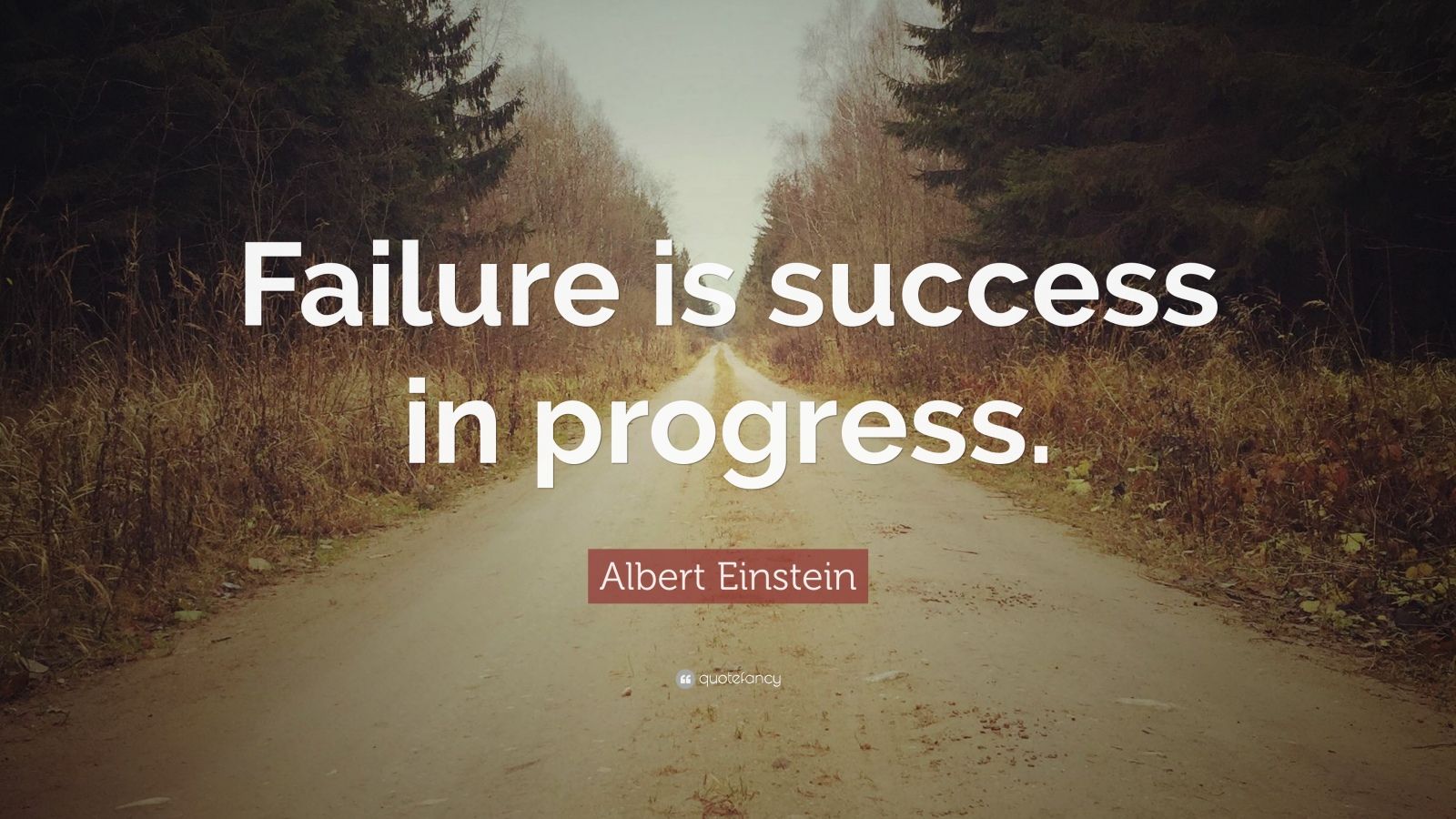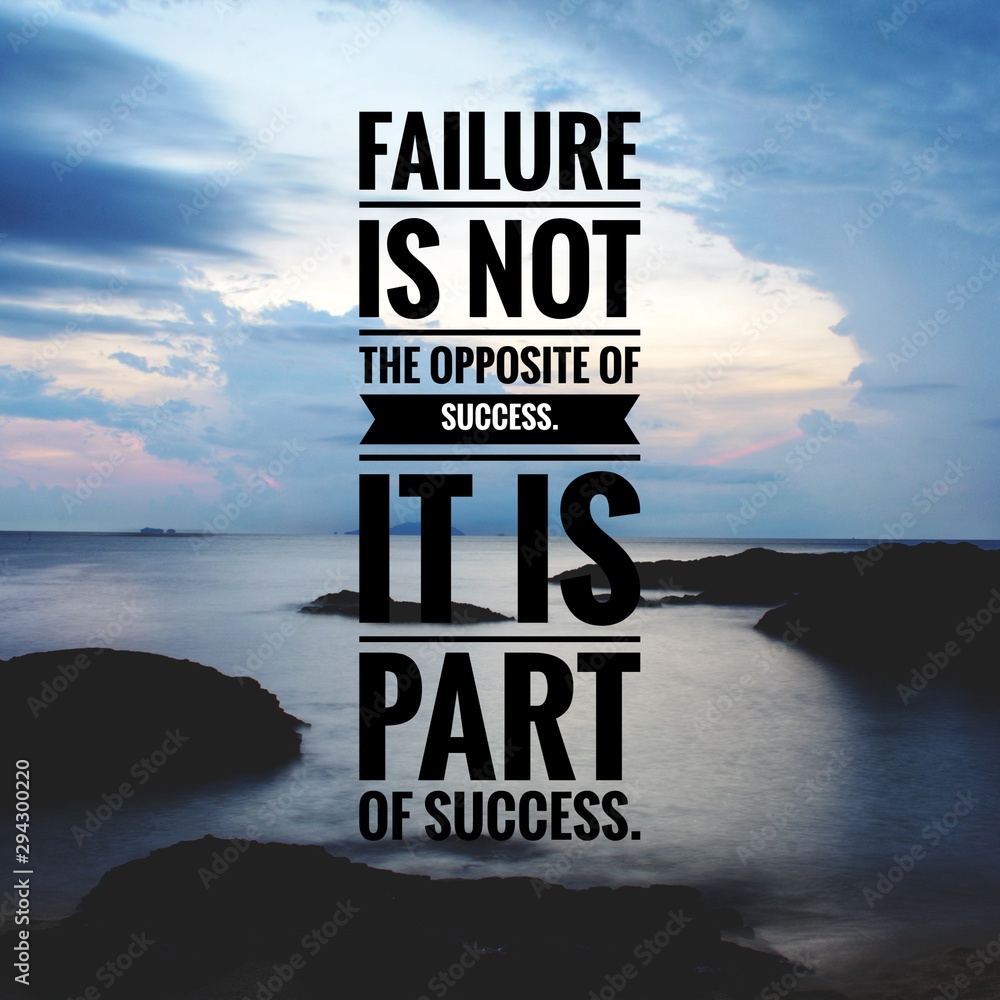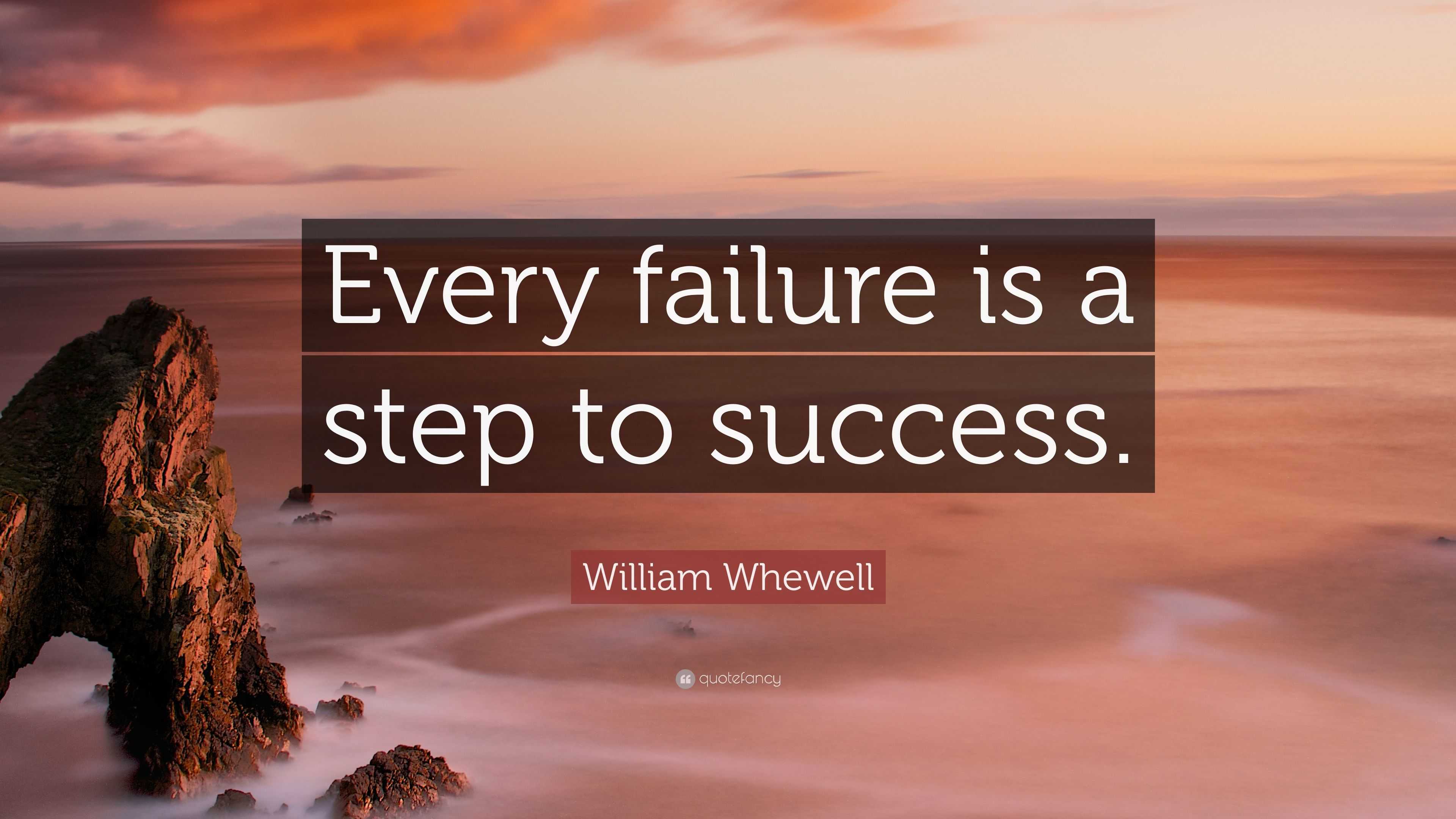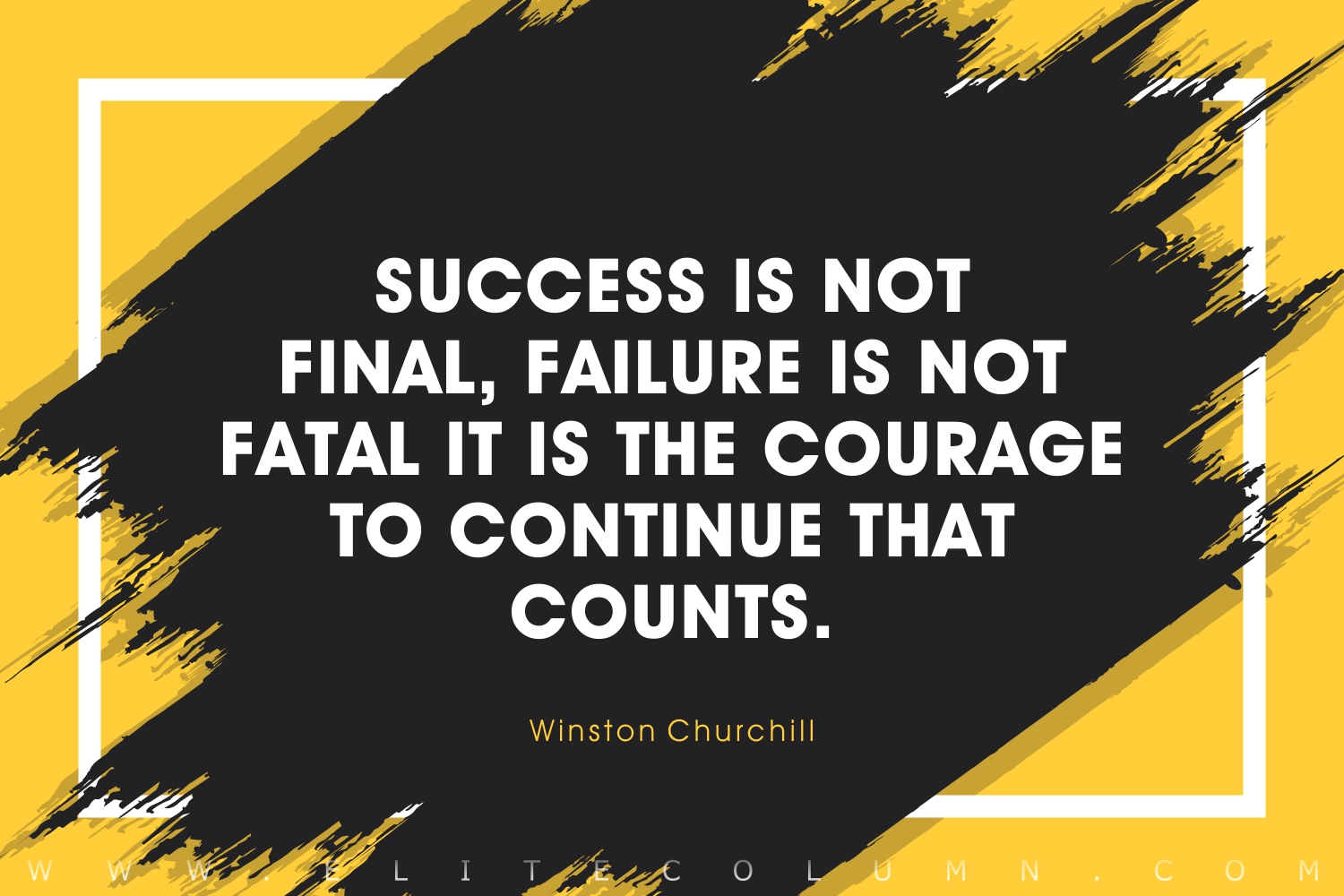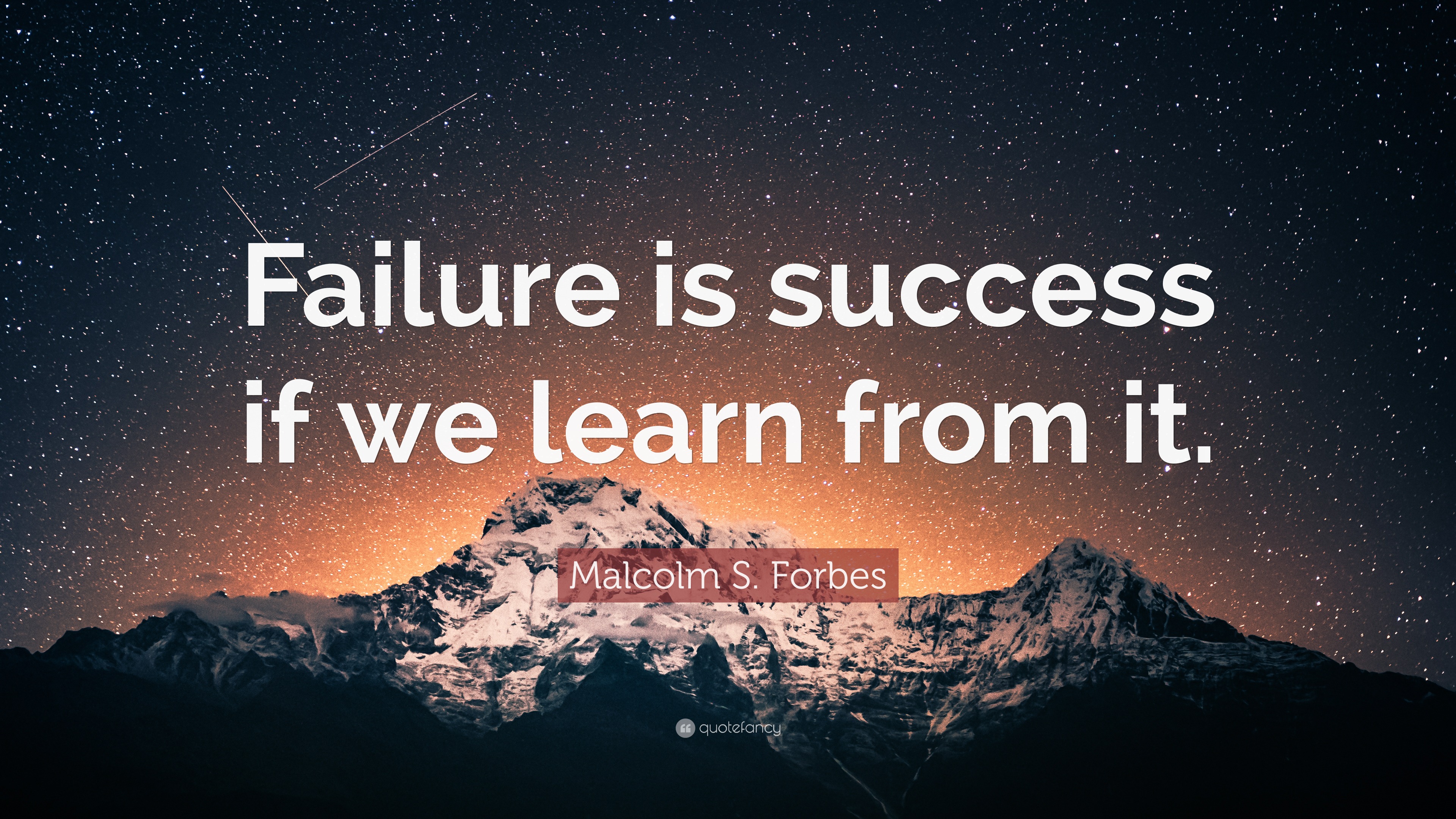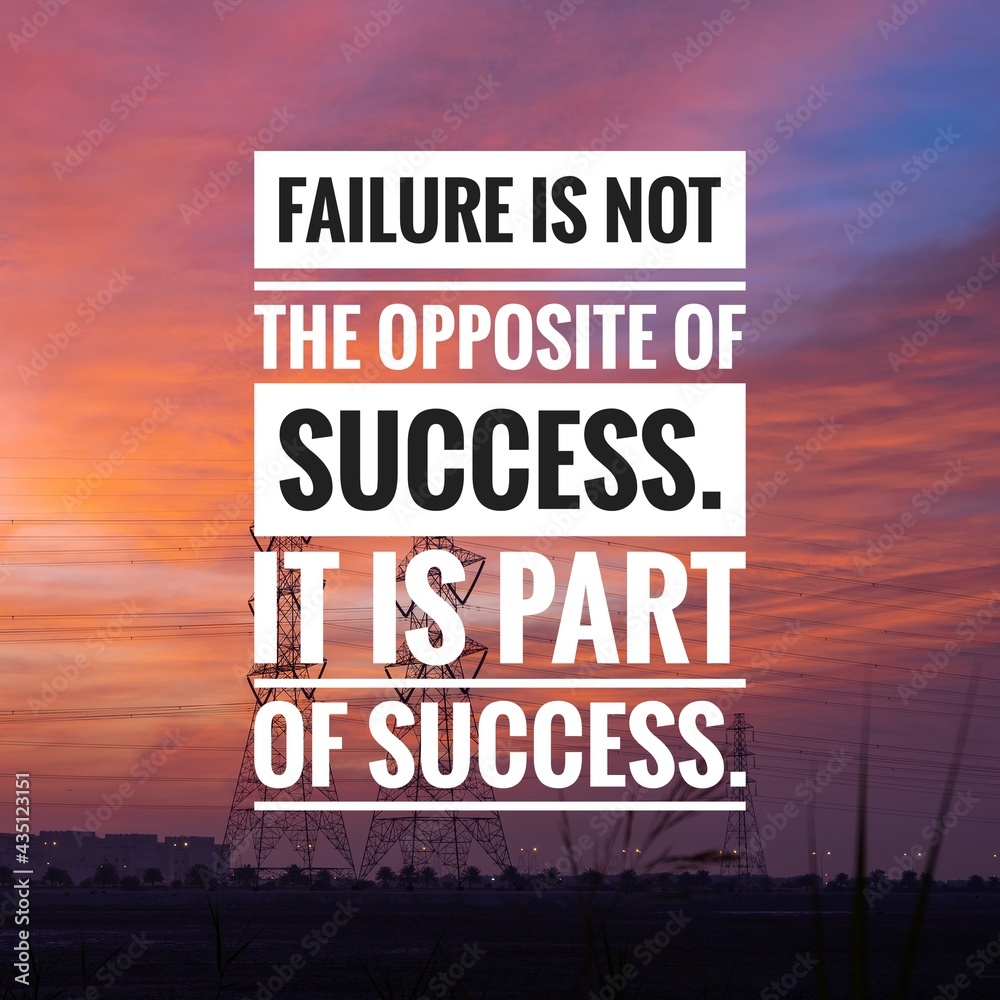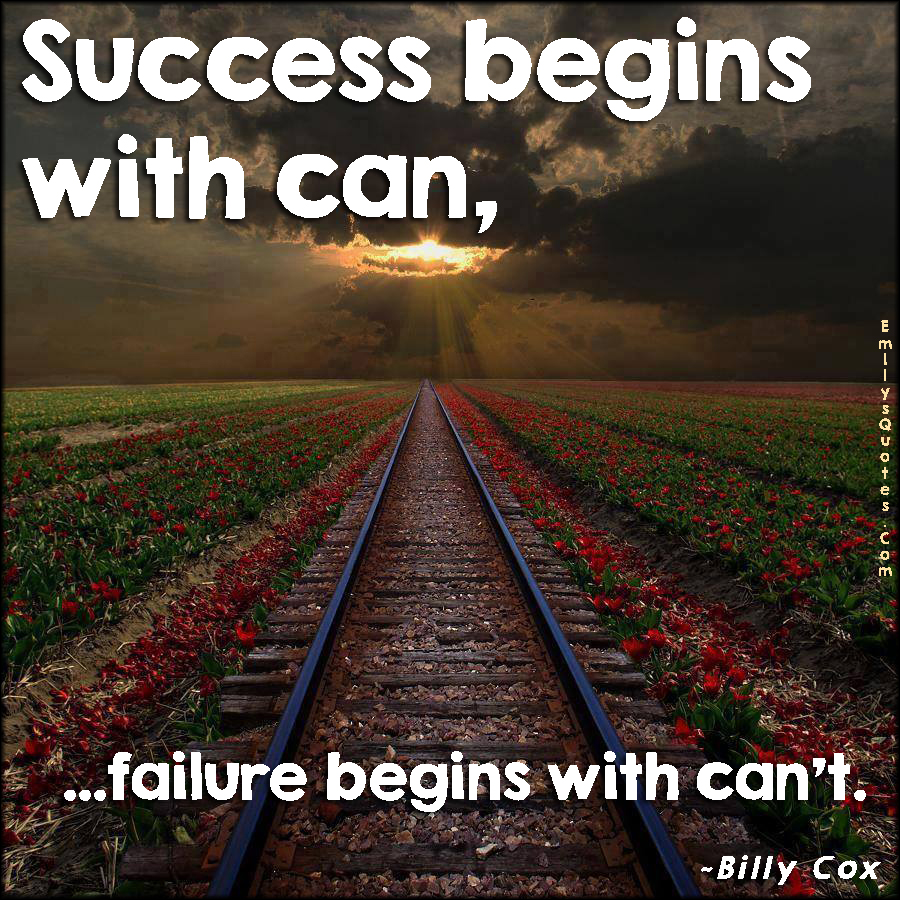Inspirational Quotes About Failure And Success

In a world increasingly defined by relentless pursuit of achievement, the concepts of failure and success remain potent forces, shaping individual aspirations and collective societal progress. Beyond mere outcomes, the narratives surrounding these concepts, particularly as distilled in inspirational quotes, have the power to motivate, console, and guide individuals navigating the complexities of life.
This article explores the enduring significance of inspirational quotes about failure and success, delving into their psychological impact, cultural resonance, and potential for fostering resilience and a growth mindset. It examines how these pithy pronouncements, often attributed to historical figures and thought leaders, offer a framework for interpreting setbacks, celebrating achievements, and ultimately, living a more meaningful life.
The Psychological Power of Words
Inspirational quotes, often short and memorable, act as cognitive reframes. They can help individuals shift their perspective on challenging situations, transforming perceived failures into valuable learning experiences. Dr. Carol Dweck, a Stanford psychologist, emphasizes the importance of a growth mindset, where setbacks are viewed as opportunities for improvement rather than fixed limitations.
Studies have shown that positive affirmations and motivational messages can reduce stress and increase self-efficacy. The very act of internalizing a quote like, "Success is not final, failure is not fatal: It is the courage to continue that counts," attributed to Winston Churchill, can bolster resilience in the face of adversity.
Cultural Resonance and Historical Context
Many inspirational quotes about failure and success are deeply rooted in historical context. They often reflect the values and beliefs of the era from which they originated. The writings of ancient philosophers, such as Seneca, offer timeless wisdom on the nature of perseverance and the acceptance of setbacks as an inevitable part of life.
In contemporary society, these quotes are often amplified through social media, gaining widespread circulation and influencing public discourse. This accessibility can democratize inspiration, making it available to a broader audience, but also raises concerns about the potential for misattribution and the superficial application of complex ideas.
Navigating Failure: A Roadmap to Growth
Perhaps the most potent aspect of these quotes lies in their ability to reframe failure. Instead of viewing it as a final judgment, they encourage individuals to see it as a stepping stone towards success. "I have not failed. I've just found 10,000 ways that won't work," a famous quote attributed to Thomas Edison, embodies this spirit of relentless experimentation and learning.
Business leaders often share their stories of overcoming setbacks, emphasizing the importance of resilience and adaptability. For example, Elon Musk's ventures faced numerous early failures before achieving significant breakthroughs, demonstrating the power of perseverance in the face of adversity.
"If things are not failing, you are not innovating enough,"Musk has said.
Practical Applications
Integrating inspirational quotes into daily life can be achieved through various methods. Many individuals keep a journal where they record quotes that resonate with them, reflecting on their meaning and application to their own experiences. Others use them as daily affirmations, repeating them to themselves as a way to cultivate a more positive mindset.
Businesses also utilize these quotes in team-building exercises and motivational speeches to inspire employees and foster a culture of resilience. However, the effectiveness of these approaches depends on the authenticity and relevance of the quotes to the specific context and audience.
The Paradox of Success
While celebrating success is important, inspirational quotes also often caution against complacency. True success, according to many thought leaders, is not simply about achieving a specific goal but about continuous growth and contribution. "Success is not the key to happiness. Happiness is the key to success. If you love what you are doing, you will be successful," often attributed to Albert Schweitzer, highlights the importance of intrinsic motivation.
This perspective shifts the focus from external validation to internal fulfillment, encouraging individuals to pursue passions and values rather than solely focusing on achieving conventional measures of success. This emphasis on purpose and meaning can lead to a more sustainable and satisfying sense of accomplishment.
Looking Ahead: The Future of Inspiration
As society continues to evolve, the role of inspirational quotes in shaping attitudes towards failure and success is likely to remain significant. The rise of artificial intelligence and automation may further challenge traditional notions of success, requiring individuals to adapt and develop new skills.
In this context, inspirational quotes can provide a sense of stability and guidance, reminding individuals of the enduring values of resilience, perseverance, and a growth mindset. By embracing these principles, individuals can navigate the uncertainties of the future and create a more meaningful and fulfilling life.

